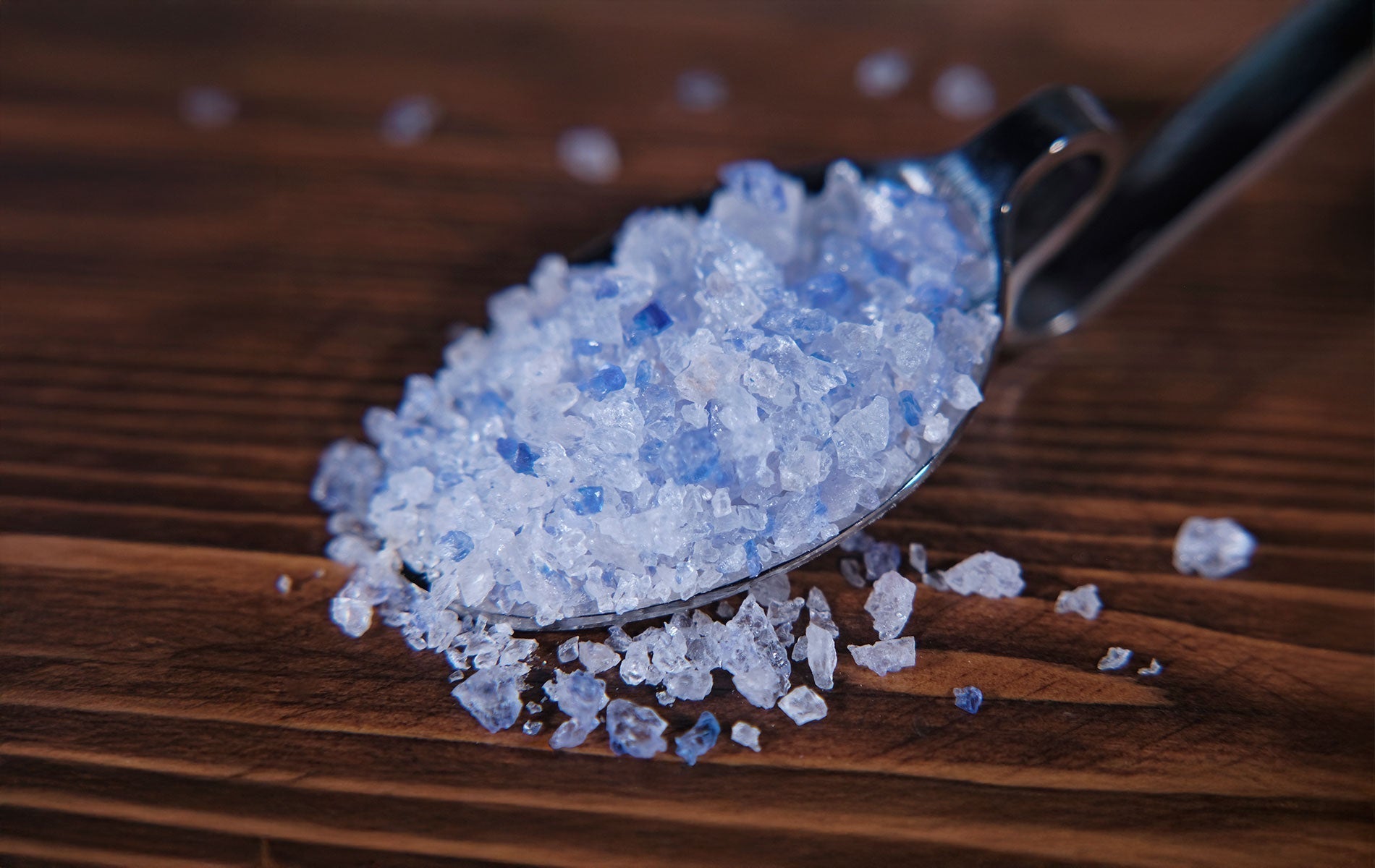Where food seasoning or the support of your health is concerned, all salts are not equal. Sea salt can sound natural, but the reality is, mineral rock salt provides so much more than taste. From purity to mineral quality to microplastic safety, here is why mineral rock salts should take up a permanent spot in your kitchen.
➢ What Is Mineral Rock Salt, and How Is It Different?
Mineral rock salt is ancient. Formed millions of years ago in underground salt formations from evaporated oceans, it's pollution-free and loaded with natural minerals.
Sea salt, on the other hand, is harvested from modern-day oceans, and with that comes a whole other tale. Here is why they're different:
➢ Mineral Rock Salt:
● Extracted from ancient underground formations
● Unprocessed, unpolluted, and microplastic-free
● Choked with essential minerals like potassium, magnesium, and calcium
➢ Sea Salt:
● Gleaned from modern polluting oceans
● Exposed to microplastics and factory effluence
● Lacking more natural minerals as a result of ocean dilution
More and more scientific research indicates sea salt is polluted with microplastics. Of 39 salts analyzed globally in one study, just 3 contained no plastic particles, and many of the worst culprits were sea salts. These small plastics are difficult to find, but they're infiltrating your body in food and water. And though long-term health consequences are still being researched, initial proof points to microplastics causes cell damage, inflammation, Hormonal disruption, and potential long-term risks to organs and immune systems.
➢ Mineral Rock Salt: The Cleaner, Healthier Choice
As mineral rock salts like Eupherbia's Blue Salt were formed hundreds of millions of years ago when plastic did not even exist yet, they have absolutely nothing in them of modern marine pollution. Which is:
● No microplastics
● No residues of heavy metals
● No man-made pollutants
➢ It's Not What's Missing, It's What You Get
Sea salt is mostly sodium chloride. Sea salt may contain trace minerals, but not enough to be significant. Instead mineral rock salts, especially Eupherbia's Blue Salt, have: Natural potassium to help regulate blood pressure, Magnesium to support muscle and nerve function, and Calcium to strengthen bones and teeth. Unlike many sea salts, they don’t require refining, bleaching, or additives to make them taste good or flow smoothly.
➢ So, Which One’s Better for Your Body?
If you’re aiming for better health, not just better taste, mineral rock salt is the clear winner. Sea salt may come with modern ocean baggage, however Mineral rock salt offers ancient purity and essential nutrients. In a world where chemical exposure and over processed food are a reality of everyday life, finding something pure, unadulterated, and naturally occurring makes all the difference.

➢ Why Eupherbia's Blue Salt stands out
All rock salts are not created equal, but Eupherbia's Blue Salt stands on its own.
● Mined from exceptional Persian sylvinite veins
● As much as 286 mg of potassium per ¼ tsp
● Gorgeous blue crystals a sign of true potassium richness
● No additives, bleaching, or processing of any kind
And yes, it tastes amazing smooth, clean, and balanced, with no harsh aftertaste.
➢ The Bottom Line: Pure, Beautiful, Powerful
Switching from sea salt to Eupherbia’s mineral rock salt isn’t just about flavor, it’s a small shift with a big health impact. You’re saying "No" to microplastics. You’re saying "Yes" to real minerals. You’re choosing salt the way nature intended: beautiful, powerful, and clean. Ready to make the switch? Let nature work for your health.




Share:
How to Distinguish Real Saffron from Fake
Why Whole Leaf Tea Over Broken Leaf?